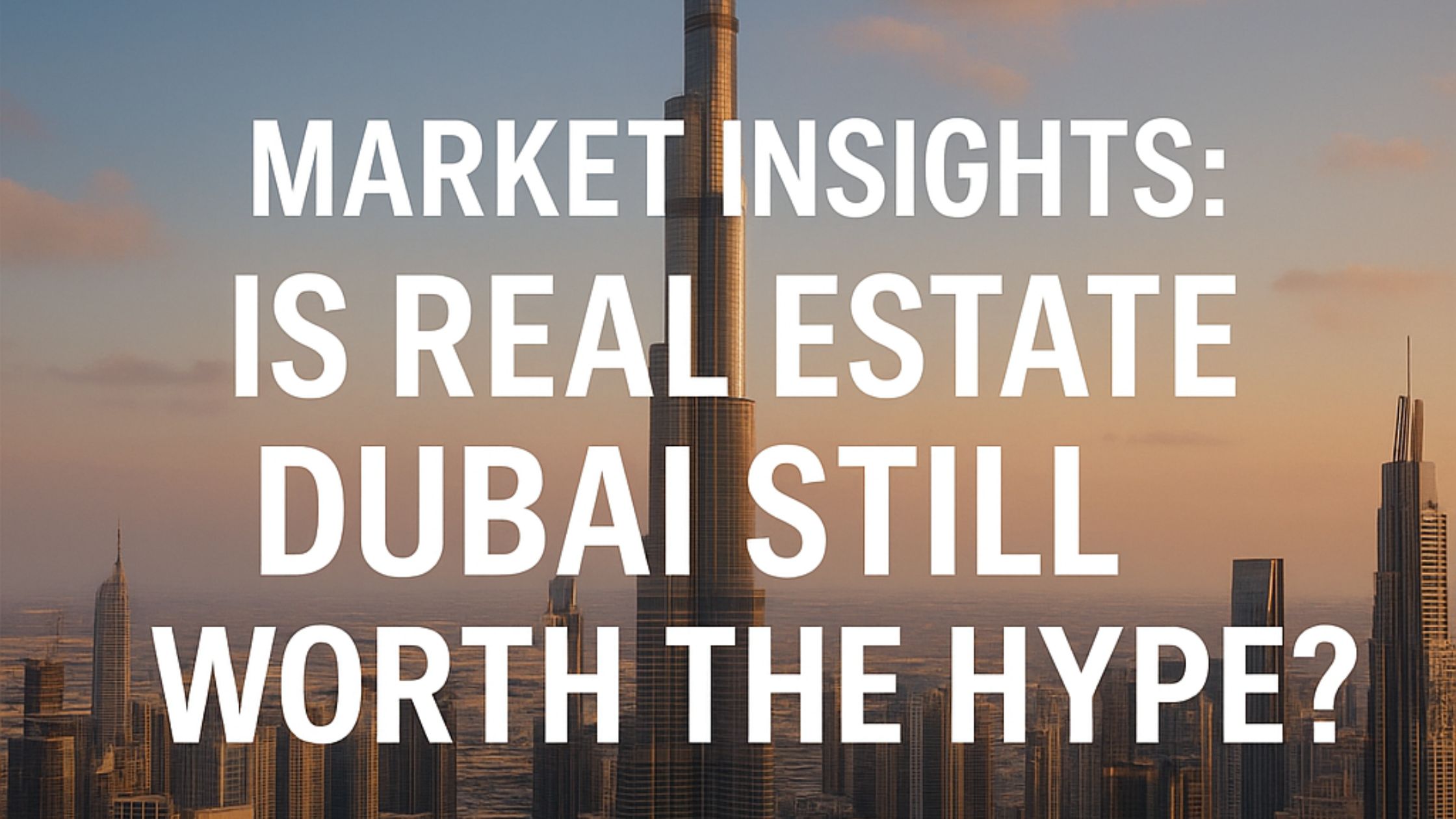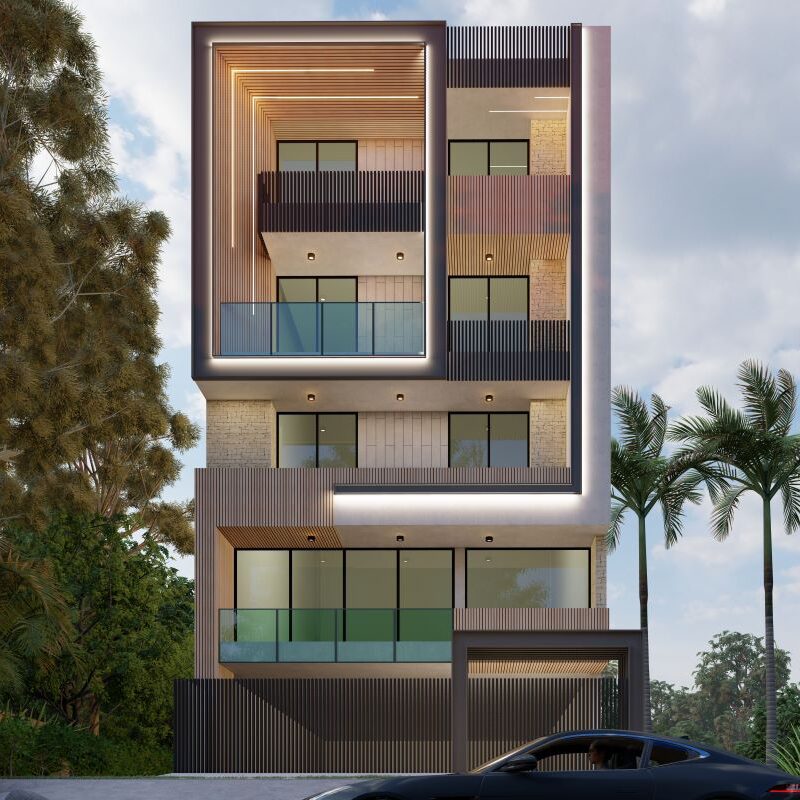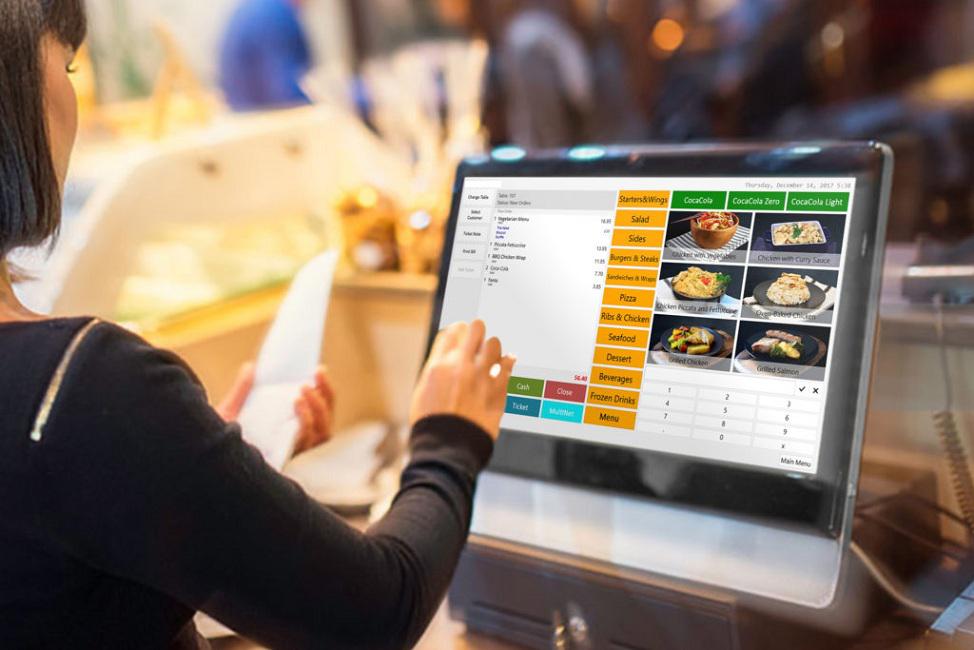
Dubai has always been synonymous with luxury, innovation, and architectural brilliance. From the world’s tallest skyscrapers to man-made islands that redefine urban planning, the city has consistently set global benchmarks for modern living. However, as global markets fluctuate and investment trends evolve, one pressing question arises — is Real Estate Dubai still worth the hype in 2025?
Let’s take a deeper look at what continues to make Dubai’s property market one of the most attractive investment hubs in the world.
1. The Unstoppable Growth of Dubai’s Real Estate Sector
Over the past decade, Real Estate Dubai has transformed from a regional market into a global powerhouse. The government’s pro-investment policies, robust infrastructure, and strategic geographic location connecting East and West have played key roles in this growth.
Even in the face of global economic uncertainty, Dubai’s property sector has shown remarkable resilience. New launches, record-breaking sales, and growing international interest all point toward a market that isn’t just surviving—but thriving.
2. Foreign Investment and Golden Visa Advantages
Dubai’s Golden Visa program has revolutionized the real estate landscape by offering long-term residency to investors who purchase qualifying properties. This initiative has attracted high-net-worth individuals, entrepreneurs, and professionals from around the world who view Real Estate Dubai not just as a financial investment, but also as a lifestyle choice.
Foreign buyers appreciate the ease of doing business, tax-free income, and transparent regulations that make the property acquisition process straightforward and secure.
3. Off-Plan Properties Continue to Dominate
One of the biggest trends sustaining the momentum in Real Estate Dubai is the rise of off-plan properties. Developers such as Emaar, Damac, and Sobha are launching world-class projects with flexible payment plans, allowing investors to enter the market without massive upfront costs.
These off-plan developments are particularly appealing because they often yield significant returns by the time they’re completed. For both seasoned investors and first-time buyers, this model represents a lucrative entry point into Dubai’s dynamic property scene.
4. The Role of Technology and Sustainability
The real estate industry in Dubai has embraced cutting-edge technologies—from virtual reality tours to blockchain-based transactions—enhancing transparency and convenience for investors worldwide.
Additionally, Dubai’s commitment to sustainability through eco-friendly communities like Dubai Hills Estate, The Sustainable City, and Expo Valley has made Real Estate Dubai a leader in environmentally conscious development.
As global buyers increasingly seek green and smart homes, Dubai is setting new standards in sustainable luxury.
5. Tourism and Short-Term Rentals Fueling the Market
With over 17 million visitors annually, tourism remains a major driver of Dubai’s real estate performance. Areas such as Downtown Dubai, Palm Jumeirah, and Dubai Marina continue to deliver strong short-term rental yields, making property ownership even more profitable.
Many investors view Dubai’s short-term rental opportunities as a steady source of passive income, supported by platforms like Airbnb and government-licensed operators.
6. Why the Hype Is Here to Stay
So, is Real Estate Dubai still worth the hype? The numbers, trends, and investor confidence all say yes. Dubai has managed to balance innovation with stability, luxury with accessibility, and investment potential with lifestyle appeal.
As the city gears up for more mega-projects leading into 2030, there’s little doubt that Dubai will continue to attract global attention as one of the safest and most rewarding real estate destinations.
Conclusion
Dubai’s real estate market isn’t just built on hype—it’s built on vision, strategy, and continuous evolution. For investors seeking growth, security, and prestige, Real Estate Dubai offers all that and more. Whether you’re buying to live, rent, or resell, the city’s property market remains a beacon of opportunity in an ever-changing global economy






